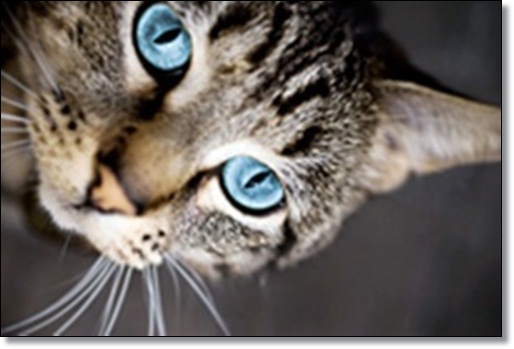We know our dogs have feelings, and we’ve all caught our pet looking particularly forlorn, wearing a plaintive stare and glassy eyes. What else to think, but our dog is crying! Is she really, though? Do dogs cry like we do?
While dogs can feel sadness and grief, they don’t actually cry in the same way humans do. In other words, their sad feelings don’t prompt a flow of tears. Humans, in fact, are the only animals on the planet to shed tears as a result of their emotional state.
But we can unpack this larger question into several others. Can dogs shed tears at all? Do dogs cry in some other way? And if they can’t cry, are we imagining other dog emotions?
Do Dogs Cry? Not if Their Eyes Are Healthy
Dogs do have tear ducts, of course. These function to keep the eyes comfortable and clear of debris, and they drain back into the nasal cavity rather than dripping from the eye. This means something may be amiss if your dog is leaking tears. In dogs, tears could be caused by:
To read more on this story, click here: Do Dogs Cry?
FOLLOW US! While dogs can feel sadness and grief, they don’t actually cry in the same way humans do. In other words, their sad feelings don’t prompt a flow of tears. Humans, in fact, are the only animals on the planet to shed tears as a result of their emotional state.
But we can unpack this larger question into several others. Can dogs shed tears at all? Do dogs cry in some other way? And if they can’t cry, are we imagining other dog emotions?
Do Dogs Cry? Not if Their Eyes Are Healthy
Dogs do have tear ducts, of course. These function to keep the eyes comfortable and clear of debris, and they drain back into the nasal cavity rather than dripping from the eye. This means something may be amiss if your dog is leaking tears. In dogs, tears could be caused by:
To read more on this story, click here: Do Dogs Cry?







